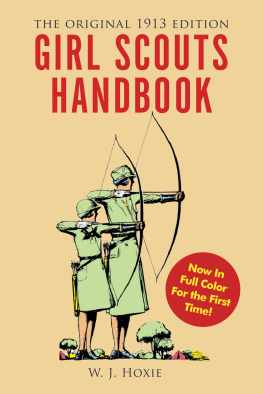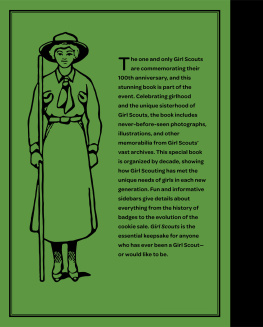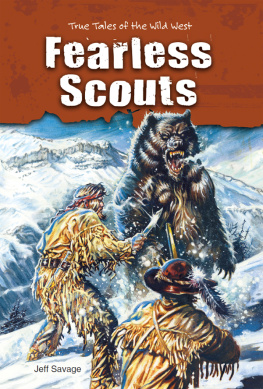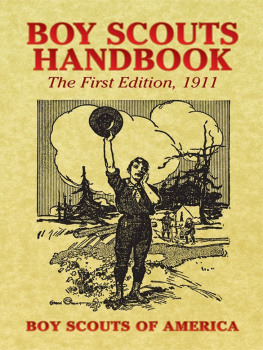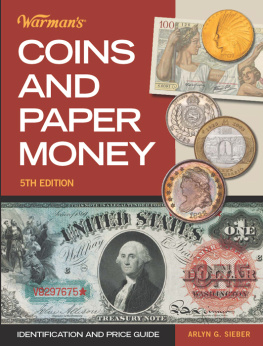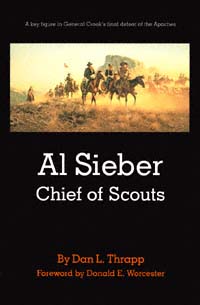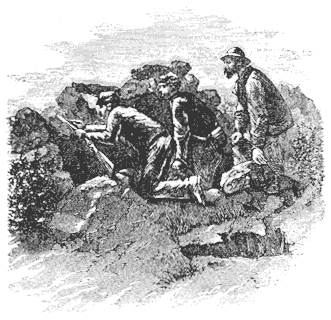| Sieber's ability to control the fiercest Apaches and to use them effectively against renegades was indeed extraordinary. When asked to explain the secret of his success in managing the Apache scouts, he replied, "I do not deceive them but always tell them the truth. When I tell them I am going to kill them, I do it, and when I tell them I am their friend, they know it." |
| In 1866, after serving in the Civil War with the First Minnesota Volunteers and being wounded at Gettysburg, Sieber headed west and eventually reached California. From there he helped drive a herd of horses to Arizona Territory, and then he turned to managing a ranch near Prescott for a few years while doing some prospecting. Pursuits of Apache raiders were frequent around Prescott, and soon he began learning the rudiments of scouting from Dan O'Leary, one of the best scouts. |
| When General Crook launched his campaign against the Apaches in 1872, Sieber signed on as a scout. This was to be his calling for the next two decades, and his successes made him well known and respected throughout the territory. Most of the punitive operations he accompanied against the Apaches were highly successful, and those operations from which he was absent met with few triumphs. Perhaps the greatest tribute to his abilities was paid by a San Carlos Apache who, although strongly contemplating it, decided against bolting the reservation, no matter how miserable life might become, because, he said, Sieber would find him even if he left no tracks. |
| According to the author, Dan L. Thrapp, Sieber was involved in more Indian fights than Daniel Boone, Jim Bridger, and Kit Carson combined. He took part in scores of Apache hunts because it was difficult for the nomadic Apaches to give up their freedom some never were reconciled to reservation life. The deadly raids and killings by these renegade Apaches made it necessary for U.S. troops to hunt them down and eliminate them. Later, cheating contractors and dishonest agents forced some starving Apaches to make a break out of desperation. The main reason the Apache wars were prolonged for a decade, however, was because of the government's ill-advised concentration policy, which motivated |
|



